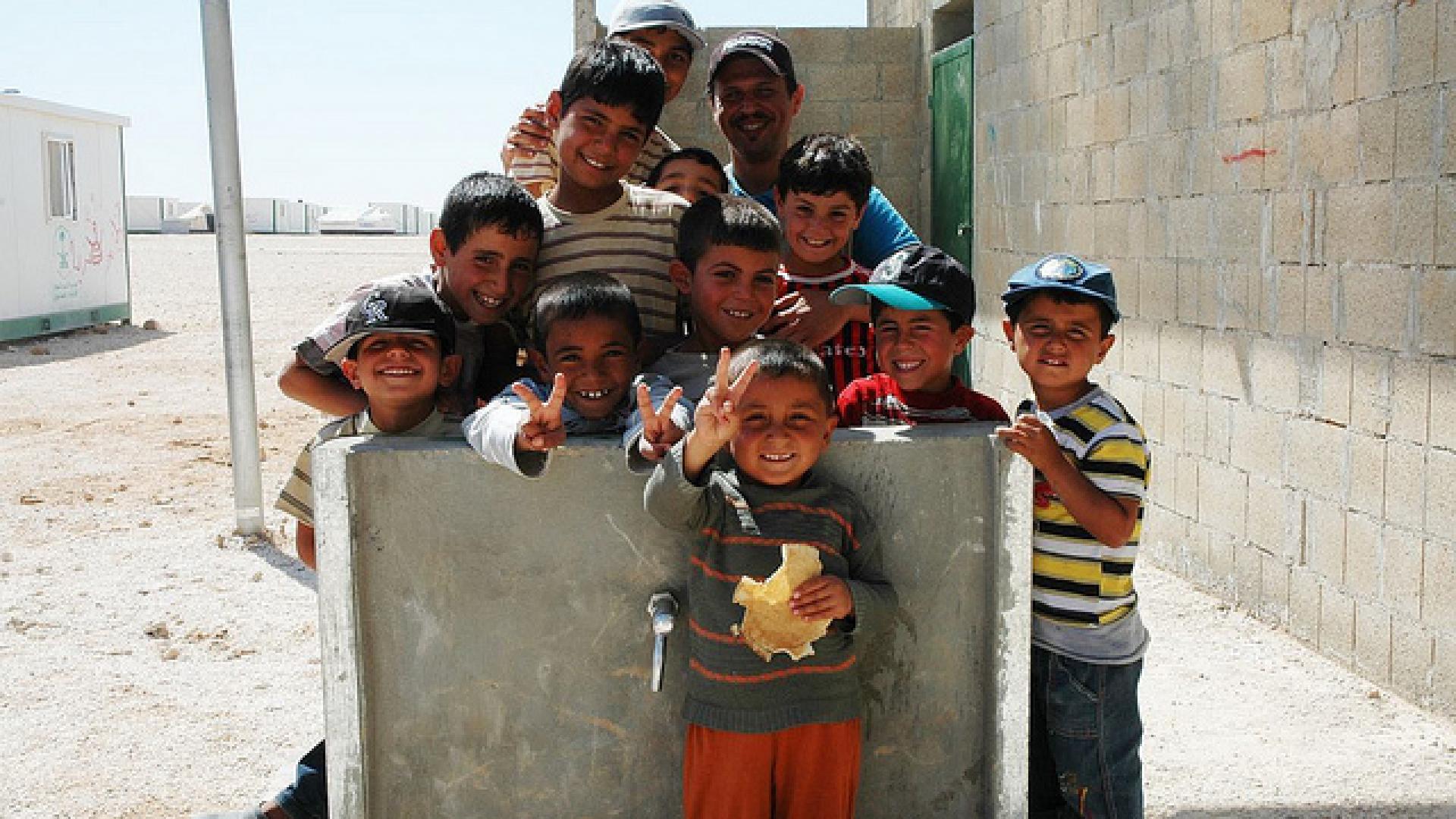At last week’s MRS Conference, Baroness Neuberger mentioned that politicians should take more initiative and leadership and pay less attention to the worst examples of public opinion.
She also talked about how in the past the UK accepted around 70-90k refugees from Nazi Germany and Austria between 1933 and 1938, when economic conditions were much more dire, and those people served the country extremely well.
The Baroness also stressed the fact that the UK was partly responsible for the wars in Libya and Iraq, and thus the emergence of the Islamic State group that followed shortly after.
I could not agree more with Baroness Neuberger, so I wanted to go and examine those ‘worst examples of public opinion’.
As part of our Charity Awareness Monitor, we survey a nationally representative sample of 1,000 people each quarter on their thoughts and attitudes towards wider and topical issues. In the last quarter of 2015, we dug deeper into public opinion towards the refugee crisis, and the role of charities in solving the crisis.
Our research revealed a number of interesting trends, including:
- Heavy media coverage of the crisis has had some positive externalities towards other international development causes, such as global poverty and conflict resolution. So, the silver lining is that refugee crisis prompted part of the public to become more empathetic towards people living in poverty and in dire conditions in terms of poor health and malnutrition, and in war torn areas.
- With no clear end for instability in the Middle East and North Africa in sight, the role of charities in helping with the crisis has gained importance. 63% of the public think that it is the responsibility of charities to tackle the crisis, and 58% think that the Government is responsible for tackling it. Almost two thirds are also concerned about the implications of the crisis for the UK and the EU, meaning that support for the role of charities in this matter is also central to the country’s future wellbeing.
- But then, reality bites - half of the public thinks the UK government should take fewer refuges, and the public also showed strong resistance when we flipped the coin and asked if the UK government should be taking in more refugees.
In this context, charities will have to tap into the public recognition of the importance of their work to tackle a general sense of the loss of benevolent feelings, or ‘compassionate fatigue’.
With half of the public thinking the UK government should be taking in fewer refugees, a prolonging crisis also means that charities will have to find new ways to sustain public affection for their causes over the long haul. Innovations such as distance-learning courses for refugees may prove both more practical and cut cost - like Kiron, a non-profit university based in Germany that offers distance-learning courses to help refugees continue their studies.
Publicly-funded international development charities also find it difficult to criticize the government’s reluctance to engage directly in crisis zones. The increasingly complex international environment means that there is not yet a clear, shared consensus as to which groups are regarded terrorists and which are not, as in Syria.
This may render some international development charities vulnerable to political criticism for helping the wrong side, or even to becoming a topic of diplomatic friction with other countries.
Public opinion says that UK charities are just as responsible as the UK government for helping with the refugee crisis. For this reason, the bottom line is that charities should not hesitate in stressing their importance not only in solving the crisis, but also in the fight against terrorism and other threats to national security.

